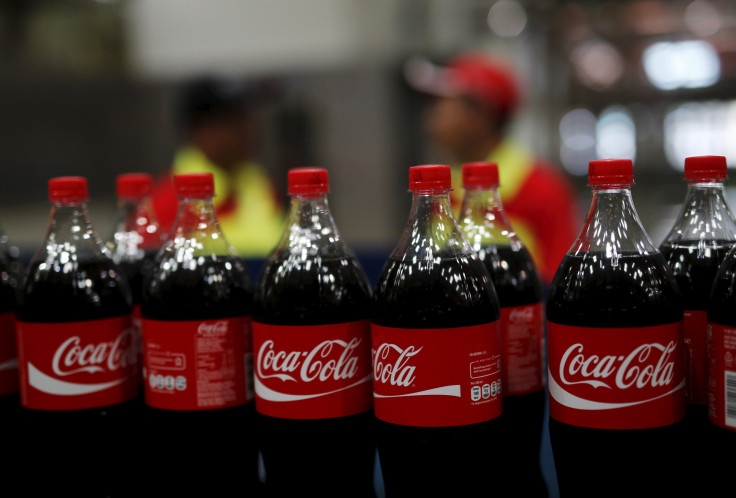Sugary Drinks Kill Over 180,000 People A Year: Study

Sugar-sweetened drinks have been linked to the deaths of about 25,000 American adults a year and over 180,000 people worldwide a year, according to a new study.
Poorer countries are disproportionately affected by deaths from diabetes, cancer and cardiovascular diseases that have been linked to sugary drinks, according to the study, published Monday in the journal Circulation. The worst-hit country was Mexico, where 405 per million adults died due to sugary drinks, with South Africa coming in second with 153 deaths per million adults. Overall, sugary drinks were found to cause one in every 100 deaths from obesity-related causes.
The researchers said their results meant that countries needed to take a stronger stance toward combating sugar in drinks. "Many countries in the world have a significant number of deaths occurring from a single dietary factor, sugar-sweetened beverages. It should be a global priority to substantially reduce or eliminate sugar-sweetened beverages from the diet," Dariush Mozaffarian, dean of the Friedman School of Nutrition Science and Policy at Tufts University and the study’s senior author, said in a press release.
Researchers looked at figures for deaths and disabilities from diabetes, cardiovascular disease and cancer in 2010, and compared it to the availability of sugar and sugary drinks, and a dietary survey of 600,000 individuals across 51 countries.
Sugary drinks largely contributed to diabetes, causing 133,000 deaths worldwide in 2010, compared to 45,000 deaths from cardiovascular disease and 6,450 from cancer. They also drew from a growing body of research that looked into the role of sugar-sweetened beverages in obesity and obesity-related diseases.
The study’s authors said this is the first-ever comprehensive report on the global mortality of sugary drinks.
"This is not complicated," Mozaffarian said. “There are no health benefits from sugar-sweetened beverages, and the potential impact of reducing consumption is saving tens of thousands of deaths each year."
The report did not investigate the effect of consumption of sugary drinks on children, but found that such drinks had significant impact on younger adults, more so in developing countries. “Among the 20 countries with the highest estimated sugar-sweetened beverage-related deaths, at least 8 were in Latin America and the Caribbean, reflecting the high intakes in that region of the world,” Gitanjali Singh, research assistant professor at Tufts University and the study’s co-author, said.
The fact that young adults were also bearing the brunt of the effects has implications for the world’s economy, the researchers said, because it meant that a key sector of the workforce would have their health undermined. “If these young people continue to consume high levels as they age, the effects of high consumption will be compounded by the effects of aging, leading to even higher death and disability rates from heart disease and diabetes than we are seeing now," Singh warned.
© Copyright IBTimes 2025. All rights reserved.





















